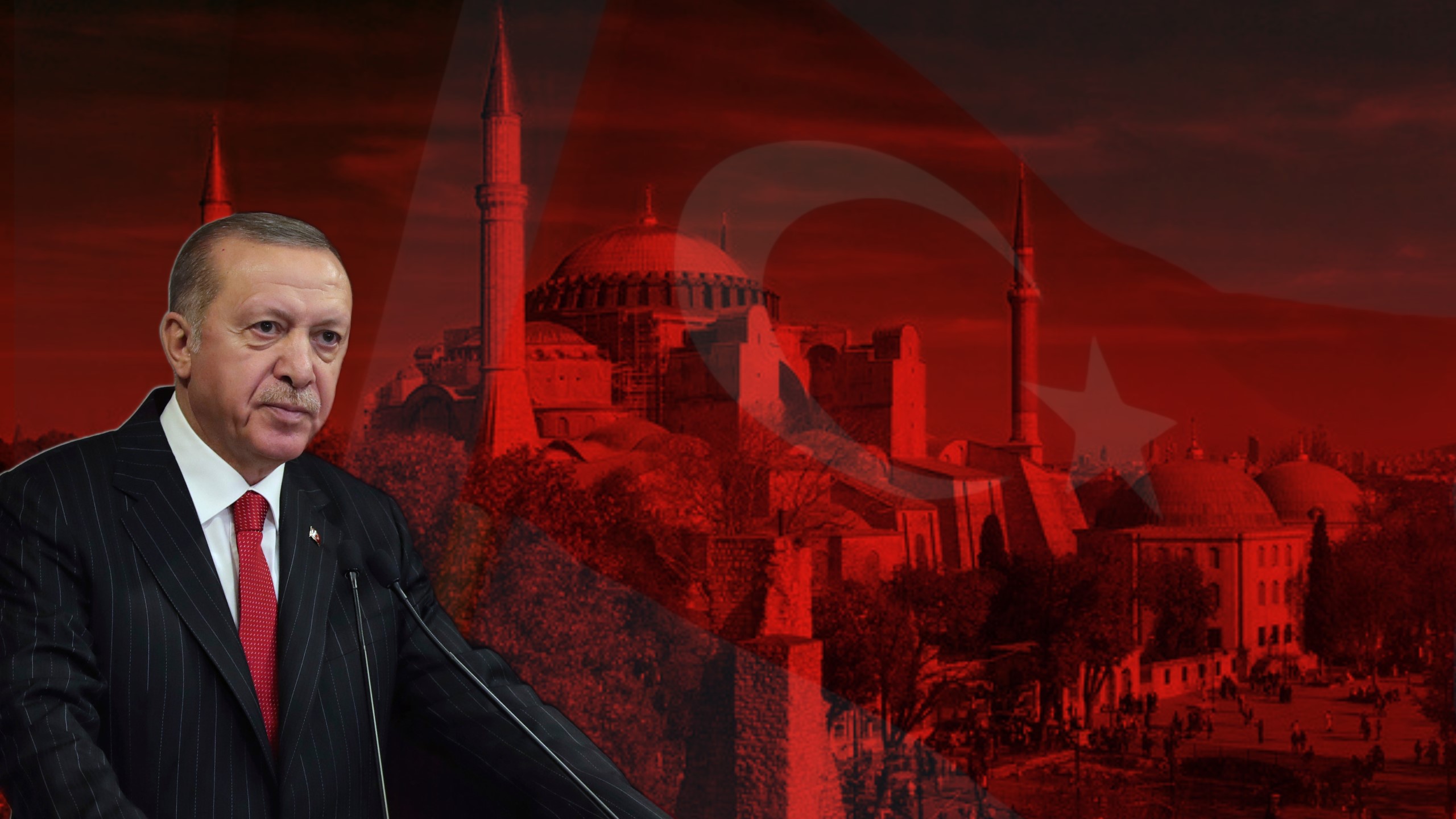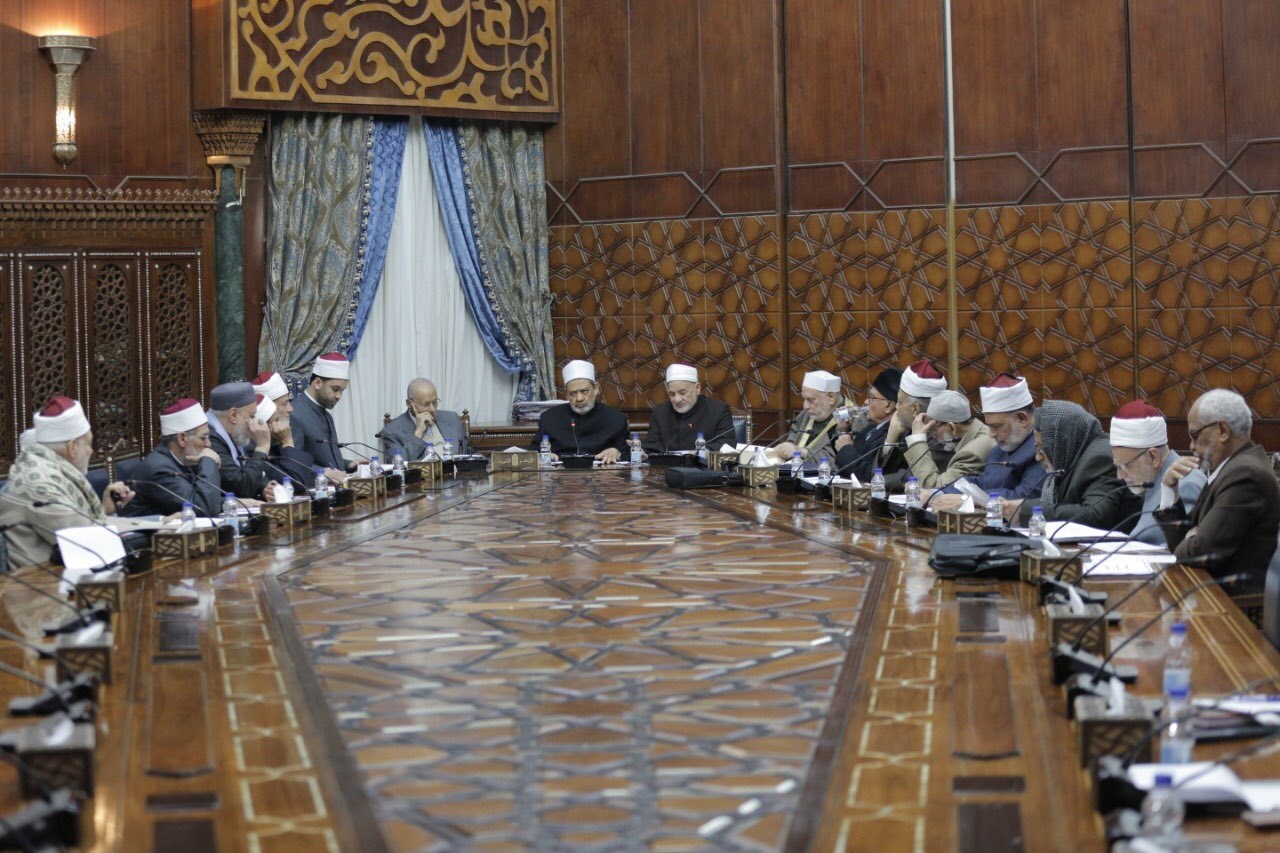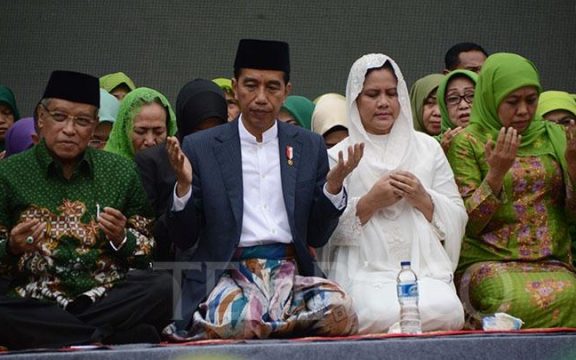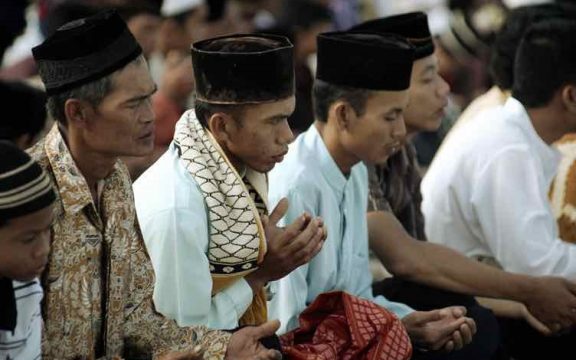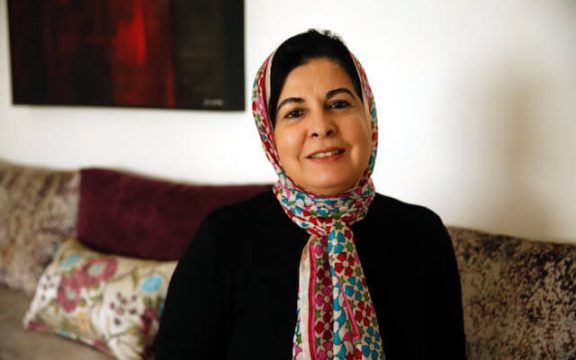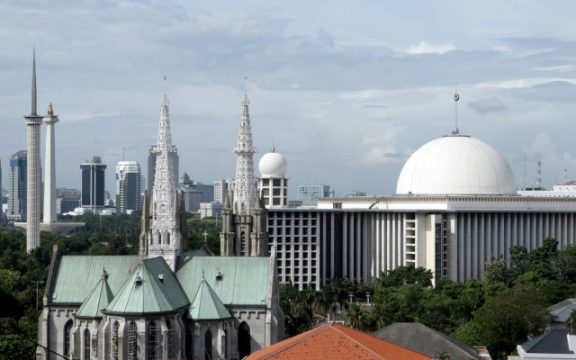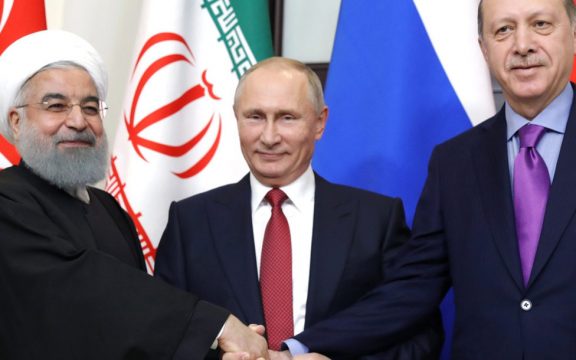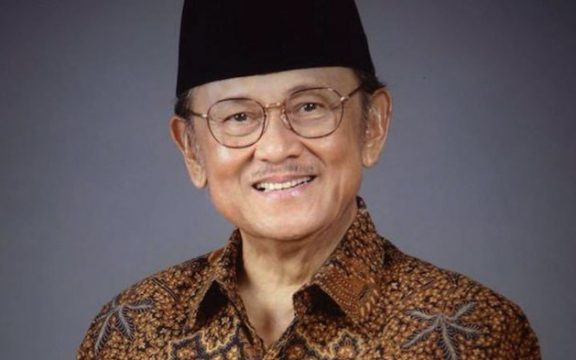Written in April edition 2011 of Foreign Affairs magazine, Asef Bayat, an Iranian scholar known for his insight of the post-Islamism symptom in the Islamic world, suggested an interesting observation about the current phenomenon of the Arab Spring. According to Bayat, the revolution that has waved in the Arab world is the Post-Islamist revolution.
What Asef Bayat’s called by symptoms of post-Islamism extended to a number of political phenomena in various parts of the Islamic world, starting from the reform movement in Iran in the late 1990s under the iconic intellectual cum Mullah Mohammad Khatami (that known for his famous idea of “civilization dialogue” [hiwar al-hadarat]), to the phenomenon of “middle” parties such as Prosperous Justice Party (PKS) in Indonesia, Justice and Development Party (AKP) in Turkey, Ennahda in Tunisia, Justice and Development Party (PJD) in Morocco, and Hizb al-Wasat in Egypt.
Some of the main characteristic of the post-Islamism movement are the tendency of pragmatic, realistic, willing to compromise to political realities that are not entirely ideal and appropriate with their ideological scheme that they believe in and envisioned.
In one hand, Post-Islamism is not secular at all, it even shows negative sentiments to every form expression of secularism. In other hand, post-Islamism rejects theocracy and the application of ideological-religious platforms such as rigid Sharia law in everyday political reality.
Some political parties that represent Post-Islamism tendencies such as AKP in Turkey, for example, even go further. During a visit to Egypt in September 2011, Turkish Prime Minister Recep Tayyip Erdogan from the AKP called on Egyptians to adopt “secularism” in their constitution.Secularism, for Erdogan, has never been a form of hatred or rejection to the religion. For him, a secular state is not a country that rejects or hates religion, but respects of all religions. “Don’t be afraid of secularism,” said Erdogan (Almasry Alyoum, 09-13/2011).
As an intermezzo, Erdogan’s view is interesting. It reflects the shifting interpretation of secularism as a discussed subject among Western scholars today. During this time, secularism burdened of a meaning that roots from the European Enlightenment tradition, which essentially was: an ideology that was anti and hostile to religion, especially clerical institutions (the church). Historically, the tendency of secularism that reject and against religion cannot be denied, indeed there were exist. In the minds of most Muslims, this kind of anti-religious understanding on secularism is the most powerful idea.
During its development, there were emerged a new variant of secularism that was more friendly to religion. In this kind of secularism, state should be neutral to religion, or even gave support to all religions, without any favoritism. Secularism can even be translated as “twin toleration” as proposed by Alfred Stepan, a political scientist from Columbia University.
Twin toleration means: the state tolerates religion, neutral towards religion, or provide support to all religions in a particular country; on the contrary, religion does not impose a certain “comprehensive ideology” (the term from John Rawls) on the state. There is no hostility between the two; instead, there is cooperation among them to help each other. I call it secularism ‘plus’.
A form of neutral secularism, for example, is the United States. While we know secularism “plus” in some countries like India, Indonesia, Mali, Senegal, etc. We have seen remnants of anti-religious secularism in France, and, to some degree, Turkey, although the latter has undergone fundamental changes, especially since the AKP’s emergence there.
Returning to our discussion, when Erdogan preached secularism to the Middle East, clearly referred to the definition of neutral secularism as I mention above, or even secularism “plus” which presupposes the active role of the state to protect and support all religions. This understanding of secularism has not been widely known by the Islamic community, although its empirical symptoms have begun to appear on the surface since the 90s.
Last October, the Ennahda Party, one of the parties that marked the symptoms of post-Islamism, won the first democratic election after the fall of President Zine al-Abidine Ben Ali in Tunisia, with a very convincing vote: 41%. After the victory, Rached Ghannouchi, the main person of the Ennahda Party, promised to respect the rights of all people, including non-religious people. He, in order to reduce public fears, even promised not to ban alcohol consumption, or women in bikinis on the beach.
The common characteristics of post-Islamism are indeed the same everywhere: compromise with political reality, pragmatism in carrying out government programs, and tolerance towards different groups. In Indonesia, we also see the symptoms of this kind of moderation in the PKS, a party which Asef Bayat calls a representative symptom of post-Islamism in Indonesia. In its National Conference in Bali in 2008, the party declared itself an open, inclusive party and accepted the idea of pluralism.
This kind of moderation occurs due to various factors. I think the very dominant factor is the strengthening of the “end-of-ideology-ism” phenomenon that was once put forward by a United States sociologist and conservative writer Daniel Bell in the 1960s (he wrote a famous book titled The End of Ideology).
The attention of the community is more focused on fulfilling real needs such as education, health, prosperity, civil rights, etc., is no longer a great ideological formula that can generate massive emotions among the masses such as in the 50s or 60s. Community pragmatism generally forces Islamic parties, if they want to gain broad support, to moderate their position. Pluralistic social reality also forces these parties to make little compromises. Meanwhile, public concern about Islamism projects that want to apply Islamic law via the state also long made Islamist ideologists aware that such an agenda is not at all politically profitable.
This all becomes the background of the emergence of socio-political symptoms that Asef Bayat called post-Islamism. This phenomenon appears in almost all Islamic countries. The emergence of post-Islamism’s symptoms at the same time erasing all doubt on both sides. The first is that the West has always been worried about the process of democratization in Islamic world, especially in the Arab region, because this kind of process will open the door to channels for the rise of fundamentalism, radicalism and Islamism in Muslim countries.
In other words, the West has always been worried that democracy in the electoral sense will always give birth to a new “Iran” in the Islamic world. On the other hand, the emergence of post-Islamism also dismissed the concerns of a number of Islamists that the implementation of democracy in the Islamic world would have the effect of alienating Islamic aspirations and values.
In general, this symptom of post-Islamism is a breath of fresh air for the Islamic world, because it signifies that perceptions of the conflict between Islam and democracy can be completely resolved. Democracy and Islam, in the symptoms of post-Islamism, can hold hands peacefully, just like a dating couple.
A question that we commonly hear in the Western society about the compatibility of Islam with democracy, becomes less relevant. Does the problem then finish here, with a story that ends with excitement, a kind of happy-ending-ism style of Hollywood films? Certainly not. Post-Islamism is only the opening round. The real challenge actually happened after that.
The question that must be answered: if the post-Islamist circles have accepted democracy, and are willing to take part in the carriages of the electoral process of democracy with all its complexities that often demand an un-ideal compromise, then what? What’s next?
There are two challenges in the future. First, is the commitment of the post-Islamist group to democracy truly or motivated by momentary opportunistic impulses, or by the political needs of the time, political exigencies? We will not know the answer but wait for the history to answer. Although, of course, I remain optimistic, based on similar experiences in other countries, that the pluralization of modern life that brings social complexities in society today will make Islamist “great narratives” difficult, or even almost impossible, except just a form of dream and beautiful utopia which is wonderful to imagine. Political and social realities will force Islamists (or “puritans” in all their forms) to compromise, of varying degrees.
The second challenge, and this is far more crucial: How will the Islamists who have morphed into post-Islamists translate their “religious” and “divine” agendas in the realm of concrete life that is full of complexity and pitfalls? How will they fight for this agenda through parliamentary institutions filled with political actors with differing aspirations and platforms?
At some point, the possibility of a “clash” or a collision between post-Islamists and non-Islamists will indeed always occur, especially in debating certain issues. The spirit of conservatism is clearly very strong in coloring the agendas of Islamists and post-Islamists everywhere.
This enthusiasm will be seen when real issues are debated in parliament. The concrete case in the current Indonesian context is the problem of protecting the rights of minorities, both external minorities (such as Christians, Hindus and Buddhists) or internal minorities (such as the Ahmadiyya sect).
The challenge of democracy in the future lies precisely here: How the direction of democracy that has been present as an open arena for post-Islamists in the future. The style and substance of democracy in the Islamic world, with the inclusion of post-Islamist actors, may be different from the existing style of democracy in the West. But here is precisely the problem: How big is the difference? Will this difference, for example, lead to the neglect of constitutional rights that should be enjoyed by all citizens or not? These are just the initial questions.
The phenomenon that we will see in the future seems, perhaps, to be marked by the diversity of patterns of democracy – democracy as a plural form, democracies, no longer the mufrad (singular) as we have understood so far, democracy.
This column is a paper for the seminar on Post-Islamism and Democracy held by the Philosophy Lantern Forum at Universitas Indonesia’s Faculty of Humanities on 14 November, 2011.
Written by Ulil Abshar Abdalla, Indonesian Muslim scholar. Organizing weekly online discussion of Ihya’ Ulumuddin via Facebook streaming. Find him on twitter @ulil
![Islami[dot]co](https://en.islami.co/wp-content/themes/jambualas/images/logo.png)

